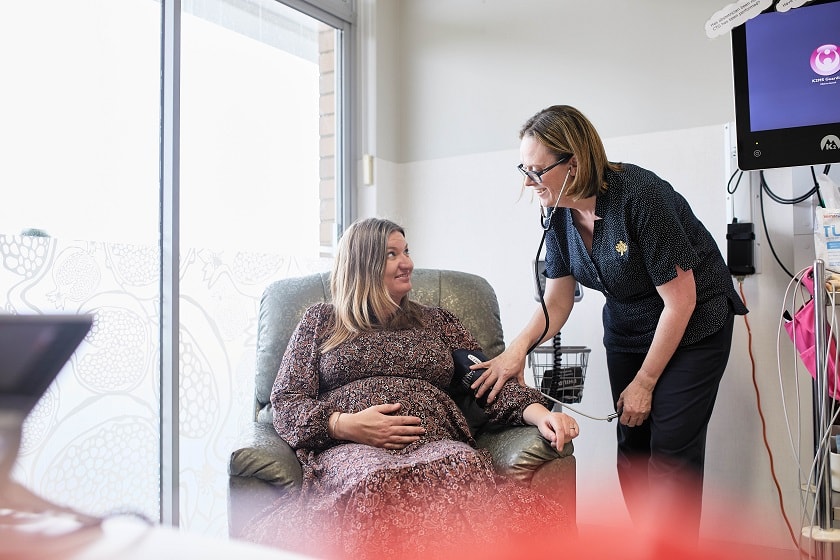Mastitis is inflammation of the breast tissue and is a common problem during lactation, usually arising from a cascade of events and may, or may not be, accompanied by infection.
Mastitis will most often occur between the first six weeks to six months after birth.
Understanding how you can prevent mastitis and knowing what to look for, will mean that you can act quickly to reduce your risk.
How do I know if I have mastitis?
Health professionals normally use a number of signs and symptoms to determine a diagnosis of mastitis including:
- red, tender, hot area of the breast
- pain and swelling at the site
- flu-like symptoms
- Fever over 38ºC
- chills
- increased pulse rate
How is mastitis treated?
If you have mastitis it is important you drain the breast well by feeding regularly and starting each feed on the affected breast.
If this is too uncomfortable, you can use a breast pump to express from the affected breast, but keep in mind that a breast pump is not as effective as a baby’s suck.
Consider a warm pack or immersing the affected breast in warm water before each feed, and a cold pack after a feed for comfort.
Increase your fluid intake and rest as much as possible. If needed, take pain relief (paracetamol or ibuprofen).
If there is no improvement within 12 hours, or if symptoms worsen, then see your doctor for a prescription for antibiotics.
How can I prevent mastitis?
Prevention is always better than a cure. Being aware of some of the contributing factors for mastitis will help reduce the risk.
These include:
- delayed or inadequate emptying of a clocked duct
- milk stasis
- sub-optimal positioning and attachment
- inefficient milk removal from the breast
- hperlactation (chronic oversupply)
- cracked or damaged nipples
Mastitis can also be the result of poor breastfeeding techniques. Ifyou are experiencing any difficulties with breastfeeding, or recurrent bouts of mastitis, seek help from a qualified lactation consultant.
If you gave birth at St John of God Mt Lawley Hospital you are welcome to contact the lactation clinic on 9370 9541 Monday - Thursday.








